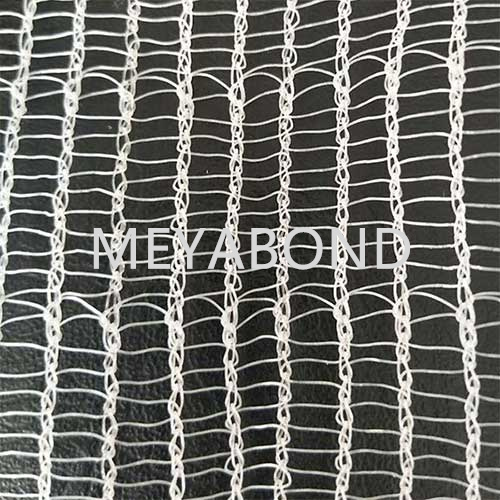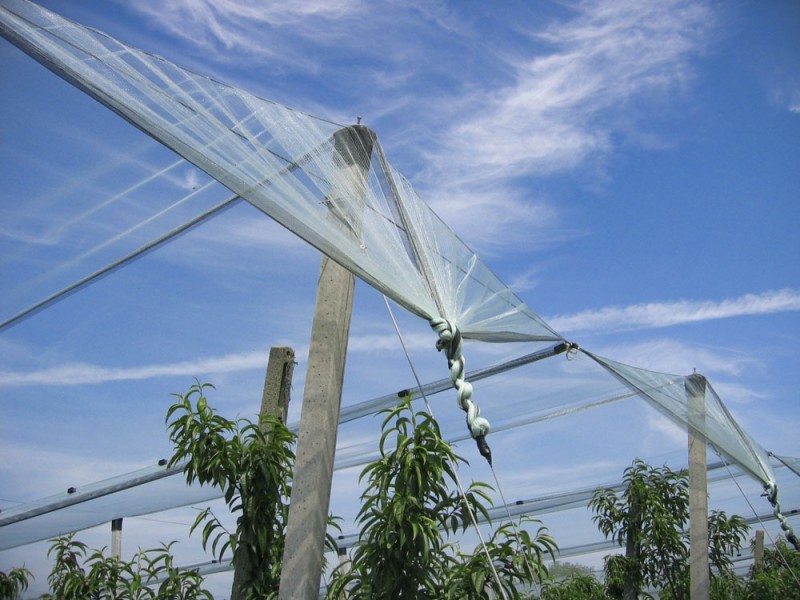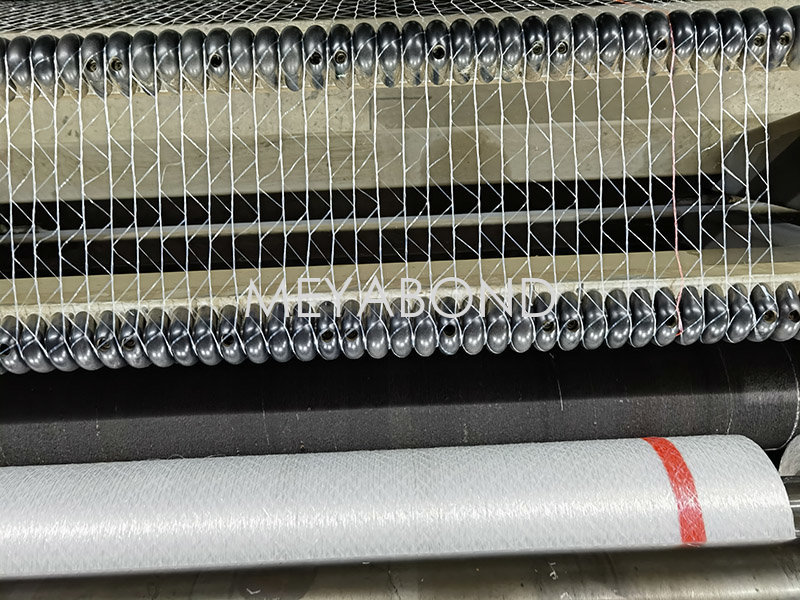The Essential Role of Anti Insect Nets in Modern Agricultural Practices
In the realm of modern agriculture, maintaining healthy crops is paramount for ensuring food security and maximizing yield. One of the most effective methods to protect crops from insect pests is the use of anti insect nets. These specialized nets serve as a physical barrier, preventing insects from accessing plants while allowing sunlight, air, and water to pass through, thus creating an optimal growing environment.
Anti insect nets come in various materials and designs, tailored to address different insect threats and crop requirements. Typically made from lightweight, UV-stabilized polyethylene, these nets are designed to withstand weather conditions while being durable enough for long-term use. The mesh size varies, enabling growers to target specific pests, from tiny aphids to larger caterpillars, without hindering beneficial insects like pollinators.
One of the primary advantages of using anti insect nets is their ability to reduce the reliance on chemical pesticides. By creating a physical barrier, farmers can minimize pesticide application, promoting a healthier ecosystem. This not only benefits the environment but also enhances the safety of the food produced, offering consumers confidence in their agricultural practices.
Moreover, anti insect nets contribute to improved crop yield and quality. By protecting plants from insect damage, growers can achieve higher productivity, resulting in healthier produce that meets market demands. The nets also provide additional benefits, such as protection against wind, hail, and heavy rainfall, further ensuring that crops remain safe during adverse weather conditions.
Beyond their protective qualities, anti insect nets are versatile and can be used in various agricultural settings, including greenhouses, orchards, and open fields. They can be installed as permanent structures or temporary solutions, depending on the specific needs of the grower. Additionally, these nets can be easily integrated into existing farming practices, making them an accessible option for farmers looking to enhance their pest management strategies.
In conclusion, anti insect nets are an indispensable tool in modern agricultural practices. They play a crucial role in protecting crops from pests while promoting sustainable and environmentally friendly farming methods. By investing in anti insect nets, growers can safeguard their harvests, improve crop quality, and contribute to a healthier food system. Whether you are a small-scale farmer or managing large agricultural operations, understanding the benefits and applications of anti insect nets can significantly impact your farming success.
Anti insect nets come in various materials and designs, tailored to address different insect threats and crop requirements. Typically made from lightweight, UV-stabilized polyethylene, these nets are designed to withstand weather conditions while being durable enough for long-term use. The mesh size varies, enabling growers to target specific pests, from tiny aphids to larger caterpillars, without hindering beneficial insects like pollinators.
One of the primary advantages of using anti insect nets is their ability to reduce the reliance on chemical pesticides. By creating a physical barrier, farmers can minimize pesticide application, promoting a healthier ecosystem. This not only benefits the environment but also enhances the safety of the food produced, offering consumers confidence in their agricultural practices.
Moreover, anti insect nets contribute to improved crop yield and quality. By protecting plants from insect damage, growers can achieve higher productivity, resulting in healthier produce that meets market demands. The nets also provide additional benefits, such as protection against wind, hail, and heavy rainfall, further ensuring that crops remain safe during adverse weather conditions.
Beyond their protective qualities, anti insect nets are versatile and can be used in various agricultural settings, including greenhouses, orchards, and open fields. They can be installed as permanent structures or temporary solutions, depending on the specific needs of the grower. Additionally, these nets can be easily integrated into existing farming practices, making them an accessible option for farmers looking to enhance their pest management strategies.
In conclusion, anti insect nets are an indispensable tool in modern agricultural practices. They play a crucial role in protecting crops from pests while promoting sustainable and environmentally friendly farming methods. By investing in anti insect nets, growers can safeguard their harvests, improve crop quality, and contribute to a healthier food system. Whether you are a small-scale farmer or managing large agricultural operations, understanding the benefits and applications of anti insect nets can significantly impact your farming success.
Key words:
Related News
07-29
CONTACT US
Email: sales8@meyabond.com
Tel: +8618911966213
No.3 Yard, ZhongHe Road, 100071,FengTai District, Beijing, China
Email: sales8@meyabond.com
Tel: +8618911966213
No.3 Yard, ZhongHe Road, 100071,FengTai District, Beijing, China
















